|
‘Learning is a treasure that will follow its owner everywhere.’ (Chinese proverb) Action Learning facilitator training with different participant groups always surfaces fresh and fascinating insights, emphases and challenges. This week’s ALA training programme was with a group of health professionals in diverse roles and fields of practice ranging from nursing, occupational therapy and podiatry to mental health, speech and language and education. I was inspired by their enthusiasm, personal ethics and genuine commitment to culture change. As we worked through Action Learning principles and techniques and how to enable groups to do it well, we explored 5 shift areas to facilitate a transition: from diagnosis to elicitation; from issue to person; from there-and-then to here-and-now; from first questions to follow-up questions; from reflection to agency. I’ll say a little about each of these dimensions with some practical examples below. The goal in each is to enhance participants’ learning and impact. From diagnosis to elicitation is a shift in who owns the issue from, say, ‘Tell me more about X so I can help you?’ to e.g. ‘What questions is X raising for you?’ From issue to person is a shift in focus from, say, ‘What’s the situation?’ to e.g. ‘What challenge is this situation posing for you?’ From there-and-then to here-and-now is a shift in temporal orientation from, say, ‘What have you tried?’ to e.g. ‘Given what you have tried, what stands out as the critical issue now?’ From first questions to follow-up questions is a shift in depth to move below and beyond, say, ‘How important is this to you?’ to e.g. ‘Given how important this is to you, what are you willing to risk?’ From reflection to agency represents a shift in traction from, say, ‘What sense are you making of this?’ to e.g. ‘What actions will you take to address this?’ A skill of the facilitator is to build the capacity of an Action Learning set to navigate these shifts in service of a presenter.
8 Comments
‘Carpe diem: seize the day. Make your life extraordinary.’ (Dead Poets Society) I was once invited by Lilin, my inspiring Malaysian sister-in-law, to speak at a University of the 3rd Age (U3A) event, for people who are retired from formal employment and interested to explore new ideas, experiences and themes. She invited me, simply, to share something of my own life story. I wasn’t sure where to start or to end or what to include in-between. How to distil a lifetime of experiences into a 45-minutes window? And, more importantly, what would people in this particular group find interesting, stimulating or worthwhile? So I prayed, jotted down notes of what came to mind, and then shared what I found most meaningful. I hoped it wouldn’t sound too alien and that they would feel at least some sense of connection. At the end, I was astonished to see a queue of people forming to speak with me. Apart from polite thank-yous, person after person looked at me, some with tears in their eyes, and said something along the lines of, ‘I too felt that prompt, that calling, that you described here today. But I was too scared to follow it so I didn’t. And now I so wish I had.’ Some expanded their accounts of how they had chosen to live too safely, too comfortably, and how this had, over time, stifled their sense of curiosity, courage and faith. I tried to reassure them with Richard Bach's words: ‘A test to find whether your mission on earth is finished: if you’re alive, it isn’t.’ For many, however, I could still see that haunting look of spiritual and existential angst on their faces: ‘I was too scared then, and I’m still too scared. And now it’s all too late.’ The greatest risk is never to take a risk. The time to act is now. 'The optimism of the action is better than the pessimism of the thought.' (Greenpeace) Resilience is a common buzz word today, partly in response to the complex mental health challenges that individuals and communities face in a brittle, anxious, non-linear and incomprehensible (BANI) world. Who would have imagined 3 years ago, for instance, that Covid19 would strike or that Russia would invade Ukraine, with all the ramifications this has precipitated in our personal and collective lives? It can feel like too much time spent on the back foot, reacting to pressures that may appear from anywhere, without warning, from left field – rather than creating the positive future we hope for. A psychological, social and political risk is that people and societies develop a ‘Whatever’ attitude, an apathetic ‘What’s the point?’ mentality. After all, what is the point of investing our time, effort and other resources into something that could all get blown away again in a brief moment? A good friend worked in Liberia with a community that was trying to recover from the effects of a bloody civil war. They started to build schools, hospitals and other infrastructure and, just as things were beginning to look hopeful, a violent, armed militia swept through the area and burned everything to the ground. This can feel like an apocalyptic game of snakes and ladders. Take one step forward and, all of a sudden, back to square one again. A close friend in the Philippines befriended people in a very poor makeshift community, surviving at the side of a busy road in boxes and under tarpaulins. She worked hard to improve the quality of their lives, to ensure that they felt and experienced authentic love, care and support, and it started to have a dramatic human impact. Faces brightened and hopes were lifted. Then, out of nowhere, government trucks appeared and bulldozed that whole place to the ground. It could be tempting to give up. One coping mechanism is to focus on living just one moment, one day, at a time because, after all, 'Who can know what tomorrow will bring?' This may engender an element of peaceful acceptance, akin to that through mindfulness. It can also morph into a form of passive, deterministic fatalism: ‘We can’t change anything, so why try?’ Martin Luther King's response stands in stark contrast who, in the face of setbacks, advocated, ‘We’ve got to give ourselves to this struggle until the end. Nothing would more tragic than to stop at this point. We’ve got to see it through.’ Psychologically, both approaches could be regarded as survival strategies, as personal and social defences against anxiety. In a way, they are adaptive responses: ways of thinking, being and behaving that seek to create a greater sense of agency and control in the face of painful powerlessness. In the former case, a level of control is gained, paradoxically, through choosing to relinquish control. It's a letting-go rather than a clinging-on. In the latter, a fight-response (albeit a faith-fuelled, non-violent fight in the case of MLK), control is sought by changing the conditions that deprive of control. Each constitutes it's own way of responding to an external reality – and it’s out there as well as in here that the real and tangible challenges of resilience and transformation persist. The social, political and economic needs of the poorest, most vulnerable and oppressed people in the world don’t exist or disappear, depending simply on how we or they may perceive or feel about them. MLK’s call to action was radical: ‘We need to develop a kind of dangerous unselfishness. It’s no longer a question of what will happen to us if we get involved. It’s what will happen to them (and us) if we don’t?’ [See also: Resilient; When disaster strikes; Clash of realities] ‘Your choice point is the space you're in right before you make a decision.’ (Martha Tesema) You are choosing to read this blog – you could have chosen to do something else instead. You are choosing to read it now – you could have chosen to read it at a different time. In fact, according to psychological choice theory, everything you do is a choice. You’re not always aware of it and it won’t always feel like it. The implications and consequences of choosing one course of action over another can sometimes be so different and so stark that it can feel to, to all intents and purposes, as if there is no choice. Yet you are still likely to choose the action that, for instance, aligns most closely with your values; or has the greatest perceived benefits; or has the least risks or detrimental effects. The implications of this theory are radical and extreme. If every action you take represents a choice, and if you can grow in awareness of the choices you are making at each moment, a vast array of possibilities opens up to you. As you approach any decision, it will be like reaching a road junction, with always at least 2 options available to you. You will no longer be trapped or driven entirely by circumstances. You can exercise greater freedom and personal agency. You can learn to navigate adaptively through choices, like tacking into the wind on a sailboat. You can become more creative and innovative. You can visit places, reach destinations, that you never dreamed imaginable. There is a flip side. If you really are free to choose, you’re also responsible for your every action. It could feel easier to tell yourself that you have no choice – especially since you can’t anticipate every potential ripple effect. It would relieve you of the burden of accountability. You could also feel quite overwhelmed by the dread of having to make choices at every moment in time, in every situation. It could feel like existentialist Jean-Paul Sartre’s nightmare, ‘condemned to be free’. You may try to alleviate the anxiety by telling yourself that you’re a product of your background, upbringing, culture or circumstances. Then you could stop over-thinking, over-analysing, and get on with your life. So, how to handle this paradox? How to create the liberating freedom of expanding one’s sense and reality of choice whilst also to acknowledge the ethical and practical responsibilities it carries with it? First: awareness. Here’s a simple exercise. Write down a paragraph of no more than 100 words that describes the last meeting you had with a colleague. Now, underline every word that represents a choice point in what happened. If you do this rigorously enough, you will be amazed at how much of the text is highlighted. Now the stretch, a thought experiment: jot down at least 2 different choices you could have made at each choice point. Try to be creative and courageous as you do this. Second: responsibility. To build on this exercise, jot down a list of key criteria that will help you to ensure focus, priorities and boundaries to your decisions and actions. Here are some examples: ‘make best use of my time; achieve my career goals; develop the team’s potential; improve quality of relationships; create best value for stakeholders’. These criteria reflect and represent your values. Finally, test the actual choices you made, and the hypothetical choices you could have made, against these criteria to take note of what you could have done differently, what you could do next time and what lines you will not cross. Now – it’s your choice: given what you know now, what will you do with it? (See also: Choose; Choice; Agents of Change) ‘The opportunity to make effective personal choices is highly unequal.’ (Robert A. Dahl - After the Revolution) New Years’ Resolutions. A time and practice in Western cultures when some of the more reflective or impulsive among us will commit to do something new. It could be, for instance, a new relationship, a new job, a new home, a new diet or a new fitness routine. For many people, very soon after having made a decision, the resolve will dissolve and be lost in the mists of time. Yet central to this idea of resolution is the notion of personal choice and, with it, the principle that I can succeed in achieving what I choose – if I’m willing to do whatever it takes. I often create (prayerfully) a list of key aspirations at the start of each year, then put practical steps in place so that, all things being equal, I will be able to look back at the end of that year and see that I have fulfilled them. The goals are intentionally inspiring and stretching. They are, with God’s help, within my grasp and, therefore, possible. On the whole, this discipline works by ensuring focus, parameters and accountability. It also centres on people and things that are genuinely important to me and, thereby, taps into values, motivation and determination. We can think of this choosing-acting-influencing phenomenon as exercising personal agency. Shaun Gallagher describes this as, ‘the sense that I am the one who is causing or generating an action’. ‘I can choose’ is a profound existential, psychological and political statement and stance. It means I can break out beyond the apparent default of my circumstances. We hold the potential to be catalysts of real change in the world, within ourselves as well as in broader relationships and situations – and this brings opportunity and responsibility. I can choose and you can choose. I think vividly of Jasmin in the Philippines, a poor woman among the poor who chooses to follow Jesus’ call and example, whatever the cost. Rather than allowing herself to be limited by her circumstances or by expediency, she exercises radical personal agency and transforms everyone and everything in her path. Malala Yousafzai and Greta Thunberg are famous examples of women too who take personal choice, action and influence seriously – and, similarly, at considerable personal risk. There are wider dimensions. A person's sense and scope of agency are affected by structural factors that transcend the individual, e.g. social status; wealth; education; gender; ethnicity; culture. Mustafa Emirbayer and Ann Mische observed that a person’s lived experience limits what possible alternatives or future scenarios he or she is able to imagine. Paulo Freire proposed, on a similar basis, that critical consciousness (‘conscientisation’) is a necessary condition for people to exercise freer choices and agency for change. I worked with a client from Myanmar and asked her what she dreamed of. She looked at me blankly then responded that she was unable to conceive of a different reality to the one that she had lived until now. She felt crushed by the mental and practical constraints of living as an ethnic minority in a country dominated by a military dictatorship. The impact of unequal and unjust social-political power is not a fixed determinant of agency – but the stark psychological and tangible inequalities of choice and opportunity it engenders are significant. Other influences include personal confidence, competence and capacity. If a person operates psychologically and relationally from a secure base with trust and support, he or she is more likely to choose to take a positive risk. If, conversely, someone is and-or feels alone and has experienced or anticipates unfair discrimination, negative evaluation or other painful consequences, to act can feel hazardous – especially if the stakes are high. Agency can demand energy, courage and resilience. A person may not (yet) feel ready, willing or able to take that step. If a client is unaware of or avoiding personal agency, William Glasser suggests stimulating his or her sense of reality, responsibility and relationship in order to enable more life-giving choices. If stuck in a pattern of apathy or passivity, John Blakey and Ian Day propose offering high challenge with high support. If we risk inadvertently colluding with or disempowering a client, Reg and Madge Batten advise focusing attention on what the person can do for him- or herself and, only after that, what we could do by agreement with them, or on their behalf. Viktor Frankl, victim of Nazi persecution concluded that, fundamentally: ‘The one thing you can’t take away from me is the way I choose to respond.’ In our personal, social and political lives, we can see how a person’s choices, actions and influence are affected by a diverse range of factors. These include the privileges a person may hold (or not) and the opportunities he or she has benefited from by birth, background or context. Jesus – help me choose this year to exercise my own agency for the life and liberation of others. We can be hope. (Would you like to discover how to exercise greater personal agency? Get in touch!) ‘Just take the first step.’ (Martin Luther King) I was intrigued by a colleague who had cycled recently from Land’s End to John O’Groats, a gruelling distance from one tip of the UK to the other covering some 1000 miles (1600km). When I asked what he had learned about what it takes to achieve such a great feat, he responded with a wry grin, ‘Just keep pedalling.’ I smiled at his brilliance. All other considerations of fitness, equipment and logistics apart, he had captured the essence of the task – and the hard key to its success – in a nutshell. This was a classic case of simple but not easy. When faced with some of life’s most difficult challenges – which could equally be, say, a broken relationship or an unfulfilled aspiration – the solution can stare us in the face yet feel agonisingly beyond our grasp. We may overcomplicate things, become gripped by paralysis-of-analysis or fear, lack the focus or determination to do what it takes, or create all kinds of self-defeating reasons to justify our inaction. Nike’s advice: Just do it! Do you feel stuck? Curious to discover how I can help? Get in touch! ‘Did you just fall?’ ‘No, I was checking if gravity still works.’ (Meggy Jo) ‘You are responsible for everything that happens to you.’ That’s a bit extreme, isn’t it? This was the opening line of some motorcycle training I signed up to last week. I have owned 24 bikes and been off 19 times but some of them definitely were not my fault. At least, I didn’t think so. The training is challenging me to think very differently about my own part in what happened – what I knew or didn’t know; what I was feeling; the various choices and decisions I made; the actions that led to a crash. This is similar to psychiatrist William Glasser’s ‘total behaviour’ in Choice Theory. Glasser proposes that everything we ‘do’ (i.e. thoughts; actions; feelings; physiology) is a dimension of chosen behaviour. He argues strongly that we have a high degree of direct control over our actions and thoughts and a fair degree of indirect control over our feelings and physiology. It’s a radical idea, offering a vision of far greater personal agency and responsibility than many of us would imagine possible. If I genuinely have choice over what I do, I am also capable of choosing something better. It means no more ducking and diving, attributing what happens in my life (or on my bike) solely to others or to circumstances. I can’t control everything, but I do have an influence over what happens next and how. This kind of awakening can feel liberating and scary, and often calls for real humility and courage. What are you willing to take responsibility for? How do you challenge and support choice in others? |
Nick WrightI'm a psychological coach, trainer and OD consultant. Curious to discover how can I help you? Get in touch! Like what you read? Simply enter your email address below to receive regular blog updates!
|

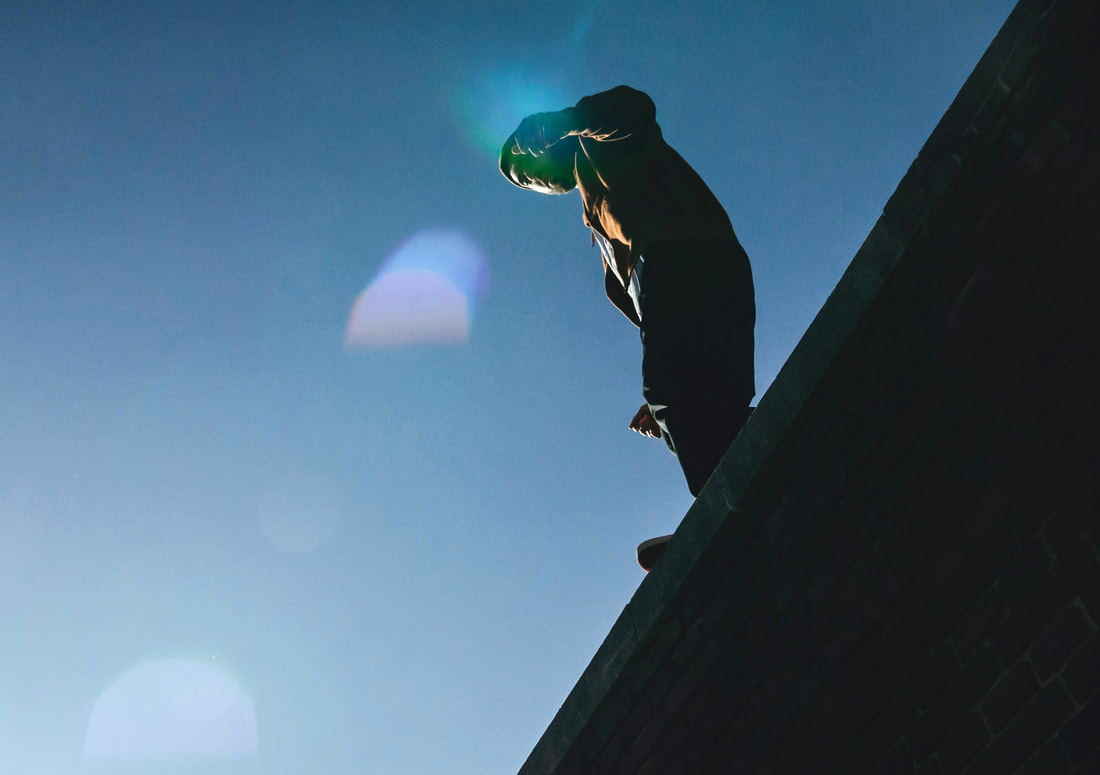
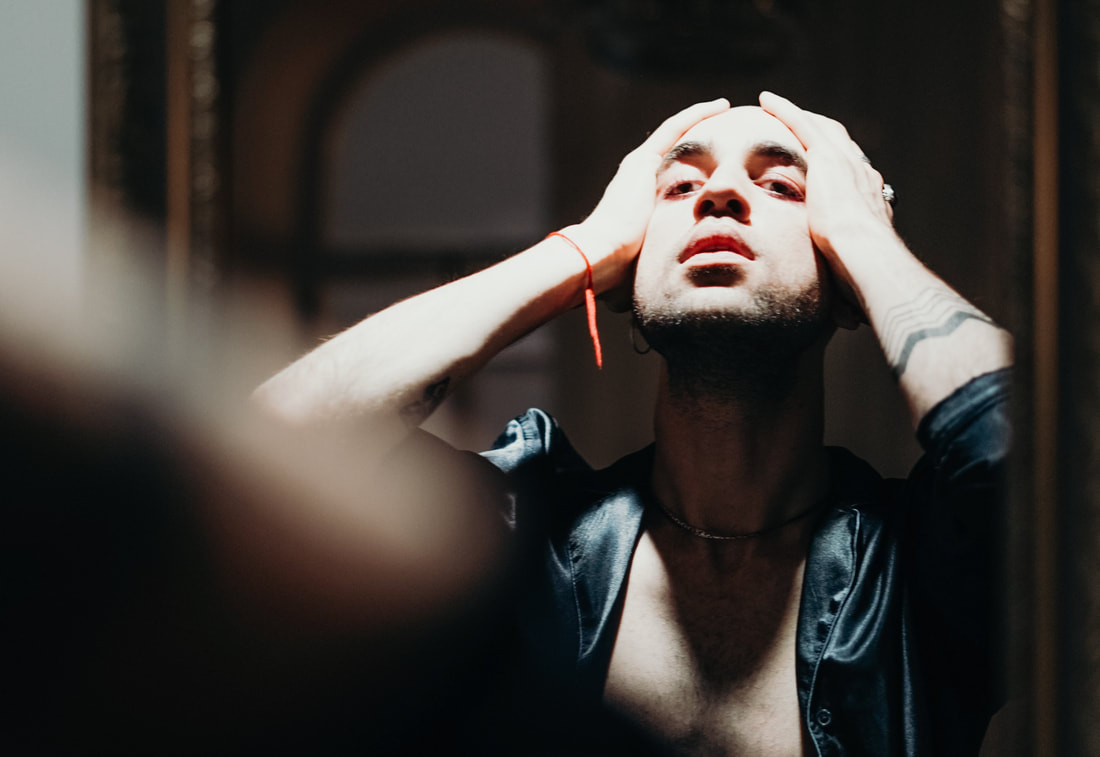
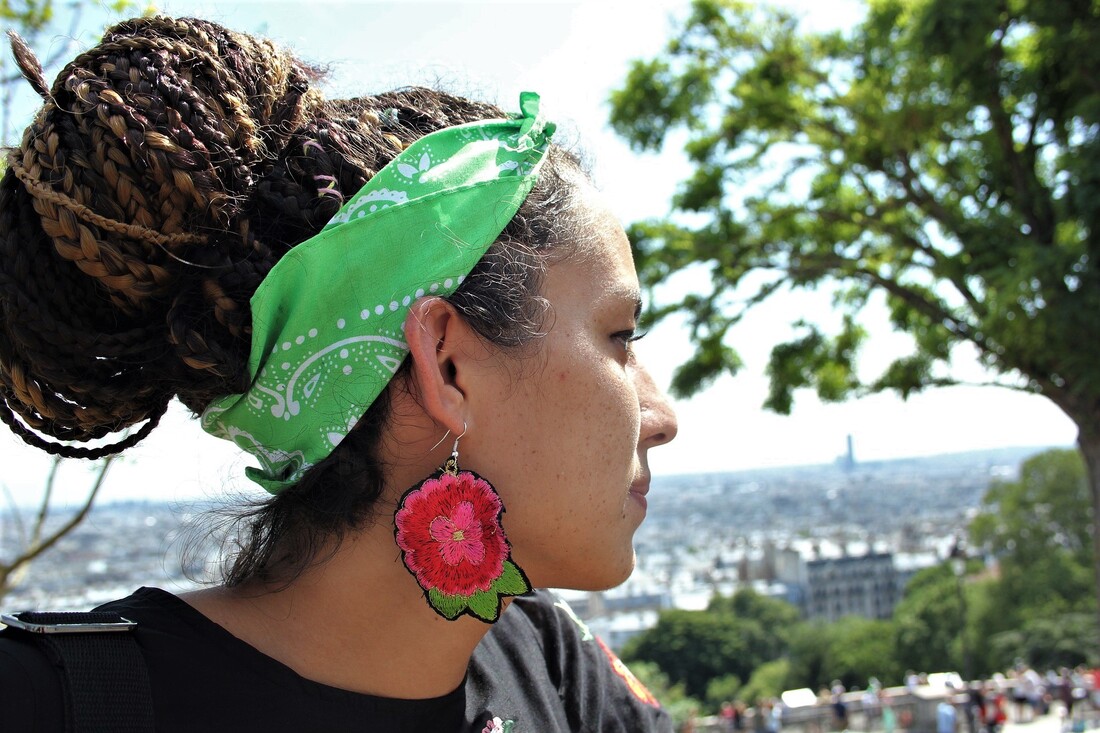
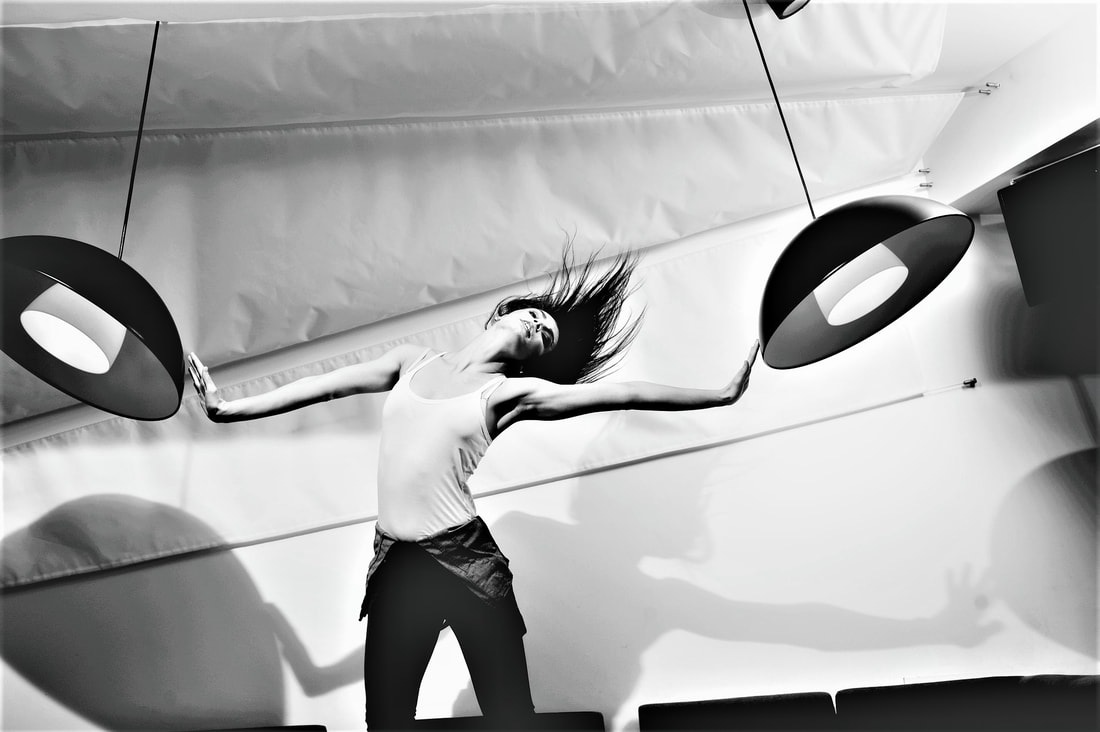
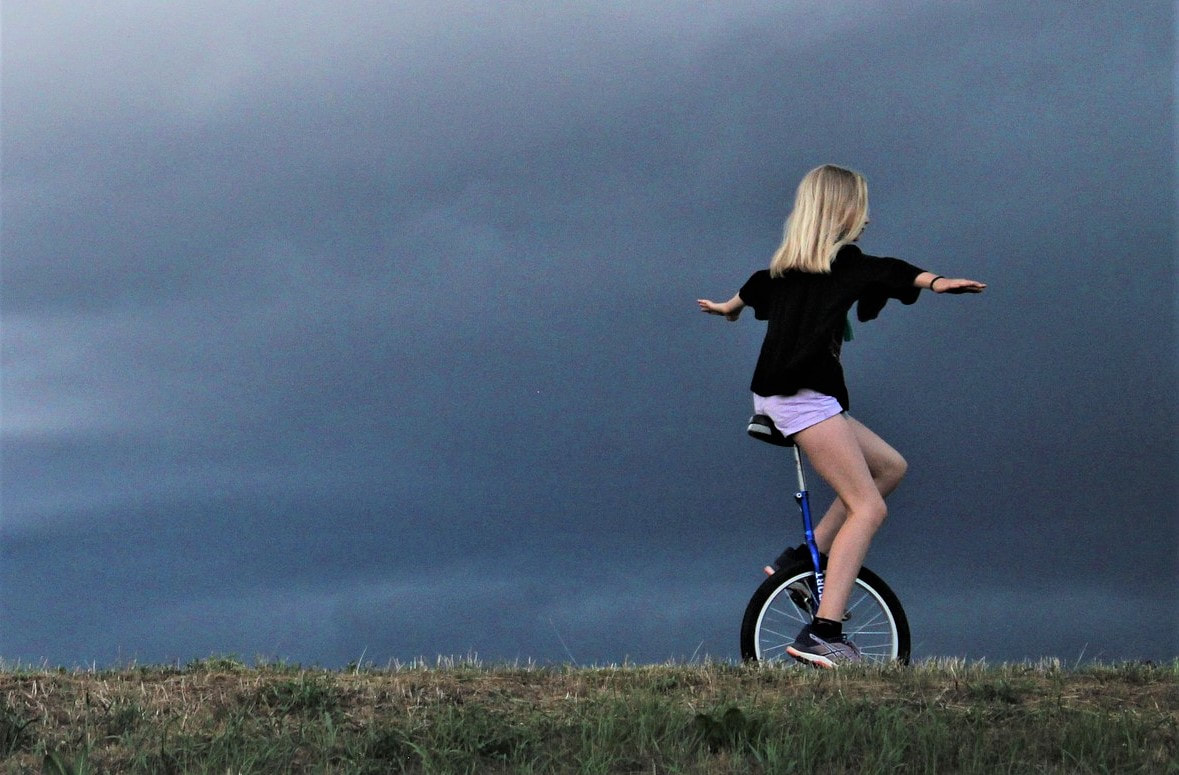
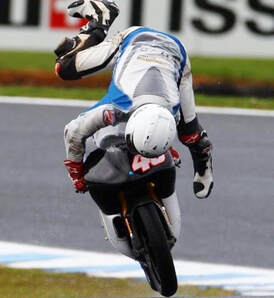



 RSS Feed
RSS Feed